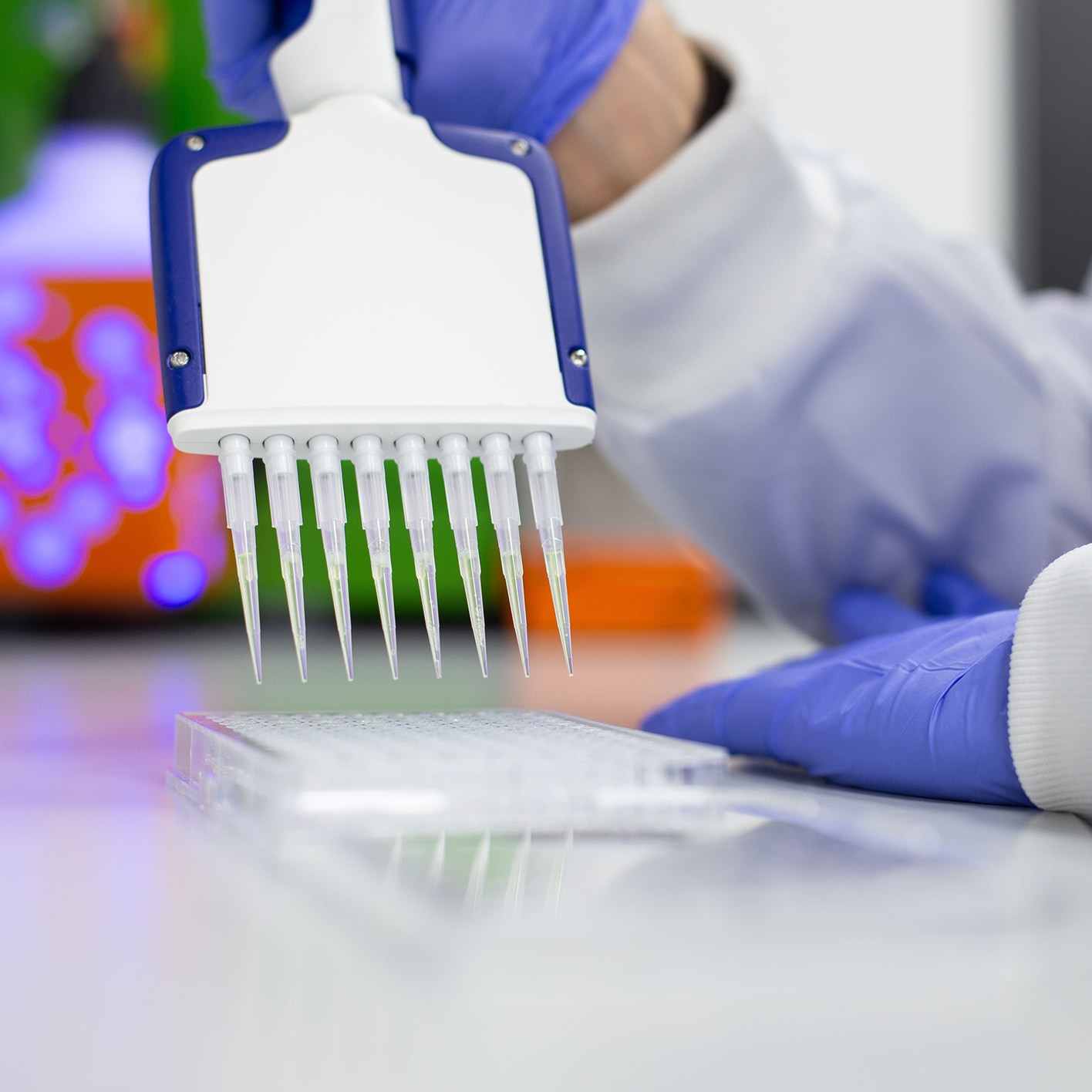Controlling each cell inside the body to deliver cures.
Deliver Biosciences is building a nanoparticle-based delivery platform to genetically engineer cells inside patients to create scalable, affordable and potent cell and gene therapies.

Our nanoparticle delivery vectors can be customised and can transport a diverse set of payloads safely and efficiently to cells of choice in patients.
The ability to effectively target and reprogramme cells in vivo will unlock the full potential of many technologies including CRISPR, and other gene editing tools.
Our first product is for cancer immunotherapies. Long term, this technology could be used for developing therapies for serious indications such as autoimmune (e.g. diabetes, arthritis), neurodegenerative (e.g. Alzheimer’s and multiple sclerosis) and cardiovascular diseases that don’t have curative treatments.
Our Team
Our team includes driven and passionate scientists and experts in cell and molecular biology, chemistry, nanotechnology, and cell/gene therapy from several research institutions including the University of Cambridge, Imperial College London, University College London, Stanford University and King’s College London.

We have developed a targeted nanoparticle system which delivers diverse payloads including DNA, and mRNA.
Our nanoparticles have been designed to avoid accumulation in off-target organs such as the liver, and to deliver the payloads efficiently to the desired cells in the body.
Our first product targets T-cells and delivers a chimeric antigen receptor (CAR) gene, to turn them into tumour killing CAR-T cells. Our product will be easier to administer, will not require specialised manufacturing centres that come with long and expensive supply chains, reaching more patients.
Our nanoparticle technology is easy to load, mass-produce, and equipped with programmable targeting domains allowing us to modify many different cell types, such as stem cells, neurons, and heart cells, addressing many indications in the future.


Partner with Deliver
We are developing a versatile nanoparticle platform for this purpose, which we can specifically target to cells of choice. We are always open to partnering with companies and institutions with complementary expertise or technologies to facilitate in vivo delivery and speed up clinical development. We are actively seeking collaborations where delivering multiple payloads to specific cells is highly desirable in achieving a particular therapeutic effect.






